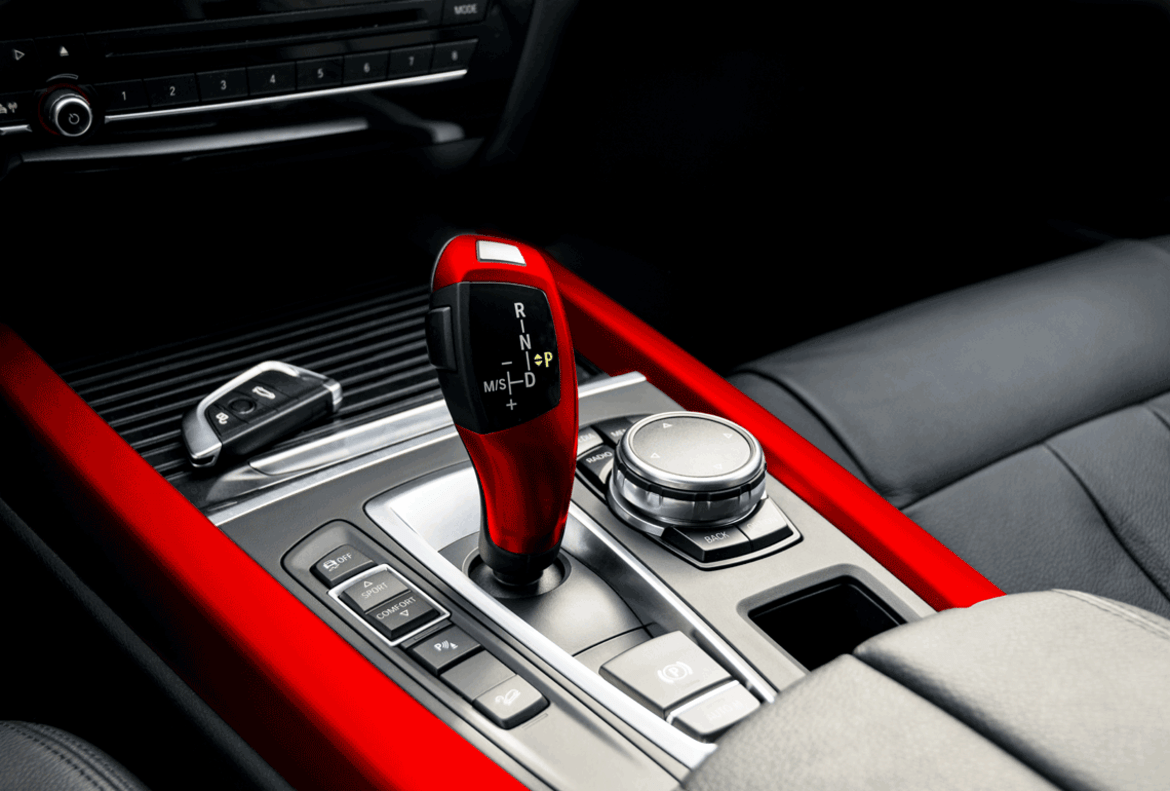Automatic transmissions are a mystery; at least to the people who have no idea about how an automobile motor works. Who would want to think about a machine that is automatic and works seamlessly?
Unlike manual shifters, you don’t need to know about them to utilize them to their full potential. So, any type of problem with the transmission of your automatic car is frustrating, annoying, and expensive.
Hard shifting automatic transmission is one such issue that can lead to bigger troubles and make your car unusable and immobile.
Contents
Hard Shifting Automatic Transmission: Why Does This Happen?
Hard shifting involves the transmission refusing to shift from one gear to another. It makes driving uncomfortable and may cause serious road accidents. Ignoring this problem too long may lead to costly transmission repairs.
The hard shifting issue in automatic transmissions can be caused due to the malfunction of several components:
Transmission fluid
The fluid is essential for the good health of the transmission. Dirty or low-level fluid can cause various troubles, and hard shifting automatic transmission is one of them.
Contaminated fluid needs to be replaced for the shifter to work smoothly. Clean transmission fluid is reddish and mostly translucent. The safety measure is to flush and replace it every 100,000 miles. Lack of lubrication can also cause rough shifting. So, check regularly whether the liquid is at the correct level and lubricate all transmission parts.
Fluid leakage
A sealed system like the transmission needs to keep its fluid inside to keep running. So, fluid leakage is likely to create a serious problem. Check the pan gasket and other areas to find out the possible hole or crack.
A puddle under the car means you need to take it immediately to a mechanic. A leak will lead to a low level of fluid that causes extreme friction between transmission parts and their destruction.
If you find it hard to shift the gears, immediately examine the gearbox for any leak. Otherwise, negligence can lead to expensive repair work.
Issues with sensors
Modern vehicles are all about advanced technologies, and an important part of these features is a wide array of sensors. An automatic shifter has several sensors that control how and when the transmission changes gears.
Shifting problems can occur when the sensors fail to receive and send correct signals and readings and from and to other parts. Hard shifting could be the result of bad sensors that cannot function or transmit wrong signals from the engine.
For example, a malfunctioning speed sensor can mess up with the shifting timing by reporting that the vehicle speed is slower or quicker than it actually is.

Trouble in the vacuum lines
Hard shifting could result from a problem in the vacuum lines. Disconnected, clotted, or twisted lines can force extra pressure on the transmission and make it hard for the gear to shift.
Bad shifter cable
Not all automatic cars have the same design and mechanism. Some models feature a cable to connect the shifter handle to the transmission. It can stretch or break over time.
As a result, the indicator needle will not line up with the gear you choose, making the vehicle respond slowly to the gear shifting.
Worn out clutch
Just like the shifter cable, the clutch of a vehicle can also wear out over time. It can deteriorate faster than usual if you are used to rough driving. Signs of a failing clutch could be a hard shifter, a soft-feeling clutch, and a burning odor.
Error codes
All automatic cars have a digital transmission control module that stores all sorts of transmission error codes. If you can’t put your finger on the exact reason, take the vehicle to a mechanic to look into the error codes.
Decoding them will help you to figure out the cause of hard shifting and the repair process.
Other signs of rough shifting automatic transmission
There are a few other signs of hard shifting automatic transmission that you need to be careful about.
An automatic transmission is a system driven by hydraulic pressure, unlike the manual units. It makes some distinct noises indicating a malfunction in the system.
A low-fluid level will produce a bubbling sound, while a clogged filter sounds like the whir of rotating blades.
An internal failure of the components like the clutch, a bearing, or another part can create grinding, popping, and whirring noises.
Watch more:
How to Fix Hard Shifting Automatic Transmission
All these reasons mentioned above can cause the hard shifting automatic transmission problem. You should contact an experienced mechanic when this happens. It is because finding the root of this issue requires a thorough inspection and other related components.
Only a professional can do a proper diagnosis and a report of repair scope along with the cost estimation.
To help your car get optimal operating performance, drivers should pay attention to regular maintenance so that mechanics can detect problems early and promptly repair them. In particular, transmission fluid needs to be changed periodically based on the certain time and miles:
- For automatic transmission, car owners should change the transmission oil at a maximum of 50,000 km.
- For vehicles equipped with a CVT, drivers should change the oil for the first time when the vehicle has run 40,000 km, then periodically every 25,000 km.
Additionally, drivers need to notice the shifting gear process. If your car stops for a long time, shift to N. When climbing a steep hill or going down a mountain pass, do not use D but shift to a smaller gear to reduce the oil boiling in the transmission.
Final Thoughts
Hard shifting refers to abrupt and harsh gear changes that can occur in automatic transmissions, leading to discomfort, potential damage to the transmission, and compromised driving dynamics.
However, while hard shifting in automatic transmissions can be a concerning issue, proper maintenance, and timely repairs can help mitigate the problem.



